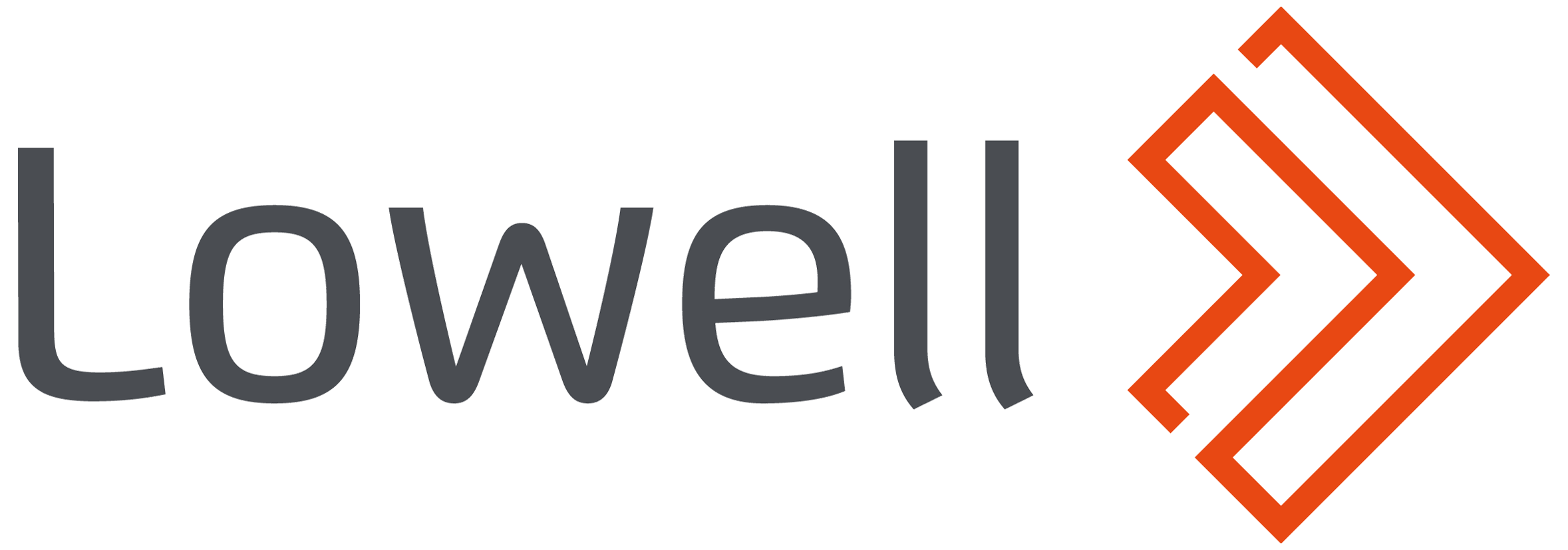What does an overdraft mean?
Overdrafts: What you need to know
Not sure if an overdraft is classed as credit, or how it can impact your credit score? Our handy guide will explain what arranged and unarranged overdrafts are, and how they may affect you and your credit report.
If you’ve got a bank account, then you’ve probably come across the term ‘overdraft’ before. At Lowell, we know how important it is to understand financial terms to avoid any misunderstanding that could result in money problems.
That’s why we want to remove the stigma around having conversations related to money and debt and have written this guide about overdrafts so that you can make informed financial decisions.
In this guide, we’ll go through:
- What does an overdraft mean?
- Is an overdraft a loan?
- How does an overdraft work?
- What happens if you go over your overdraft?
- What happens if I can’t pay my overdraft?
- Does an overdraft impact your credit score?
- Can an overdraft by cancelled?
- Is my Lowell debt an overdraft debt?
This content is intended to be an impartial guide regarding overdrafts, how they work, and what happens if you don’t pay your overdraft. Lowell Financial Ltd does not offer financial advice. You can find out more about the organisations you can contact in our guide on debt help and support.
What are the different types of overdrafts?
Is an overdraft a loan?
How does an overdraft work?
How does an overdraft get paid back?
Is it good to have an overdraft and not use it?
What happens if you go over your overdraft?
What happens if I can't pay my overdraft?
Does an overdraft impact your credit score?
Can an overdraft be cancelled?
How to cancel an overdraft
Can a bank take away your overdraft without telling you?
Is my Lowell debt an overdraft debt?
First published: 19th June 2023
Last updated: 2nd July 2025




